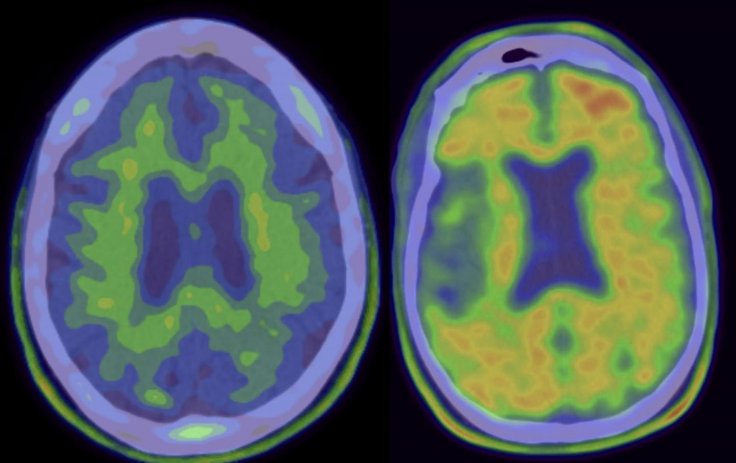For those fighting relentlessly against the onslaught of Alzheimer's disease (AD) in heir dear ones, here's a glimmer of hope that the Bacillus Calmette-Guerin (BCG) vaccine, used for tuberculosis and bladder cancer, may also be an effective treatment to prevent Alzheimer's.
A research team headed by Hervé Bercovier, Charles Greenblatt and Benjamin Klein at the Hebrew University of Jerusalem (HU)'s Department of Microbiology and Molecular Genetics has discovered that the Bacillus Calmette-Guerin (BCG) vaccine followed 1,371 bladder cancer patients receiving treatment at HU's Hadassah Medical Center.

With the average patient age at 68, in their follow-up visits, they found that 65 cancer patients had developed Alzheimer's. Those who had not received BCG as part of their treatment had a significantly higher risk of developing Alzheimer's than those who received the BCG as patients in the past. The percentage of them stood at 8.9% (44 patients) as opposed to 2.4% (21). When compared with the general pulation, people who had never been treated with BCG had a 4-fold higher risk for developing Alzheimer's than those who were treated with BCG earlier.
1960s data analyzed
The team used the data reaching back to the 1960's that has reiterated the finding that countries treating bladder cancer patients with the BCG vaccine had a lower prevalence of Alzheimer's disease but it hadn't been properly analyzed. They published their findings in PLOS ONE.

With future research in this aspect pending, Bercovier said, "our study is an important step towards understanding the ways in which our immune system is a major player in the pathogenesis of Alzheimer's and how the BCG vaccine, which modulates the immune system, may serve as an effective preventative treatment to this crippling condition."
Current status of Alzheimer's Disease
Currently, Alzheimer's Disease affects one-in-ten adults over the age of 65 and the number is expected to triple by 2030, with no known cure in sight. Alzheimer disease is the most common form of dementia and may contribute to 60–70% of cases, according to the World Health Organization.









